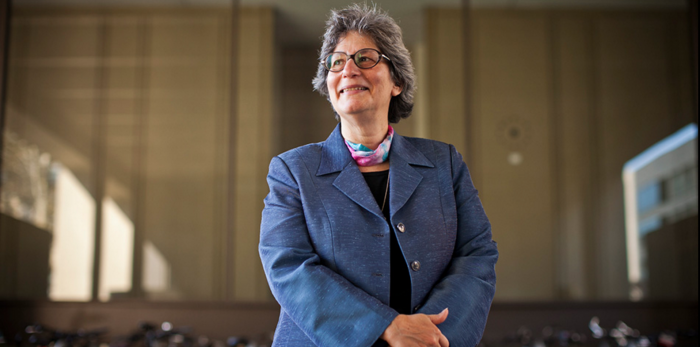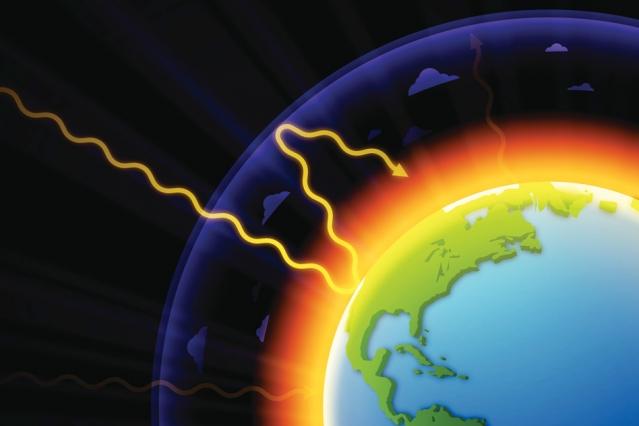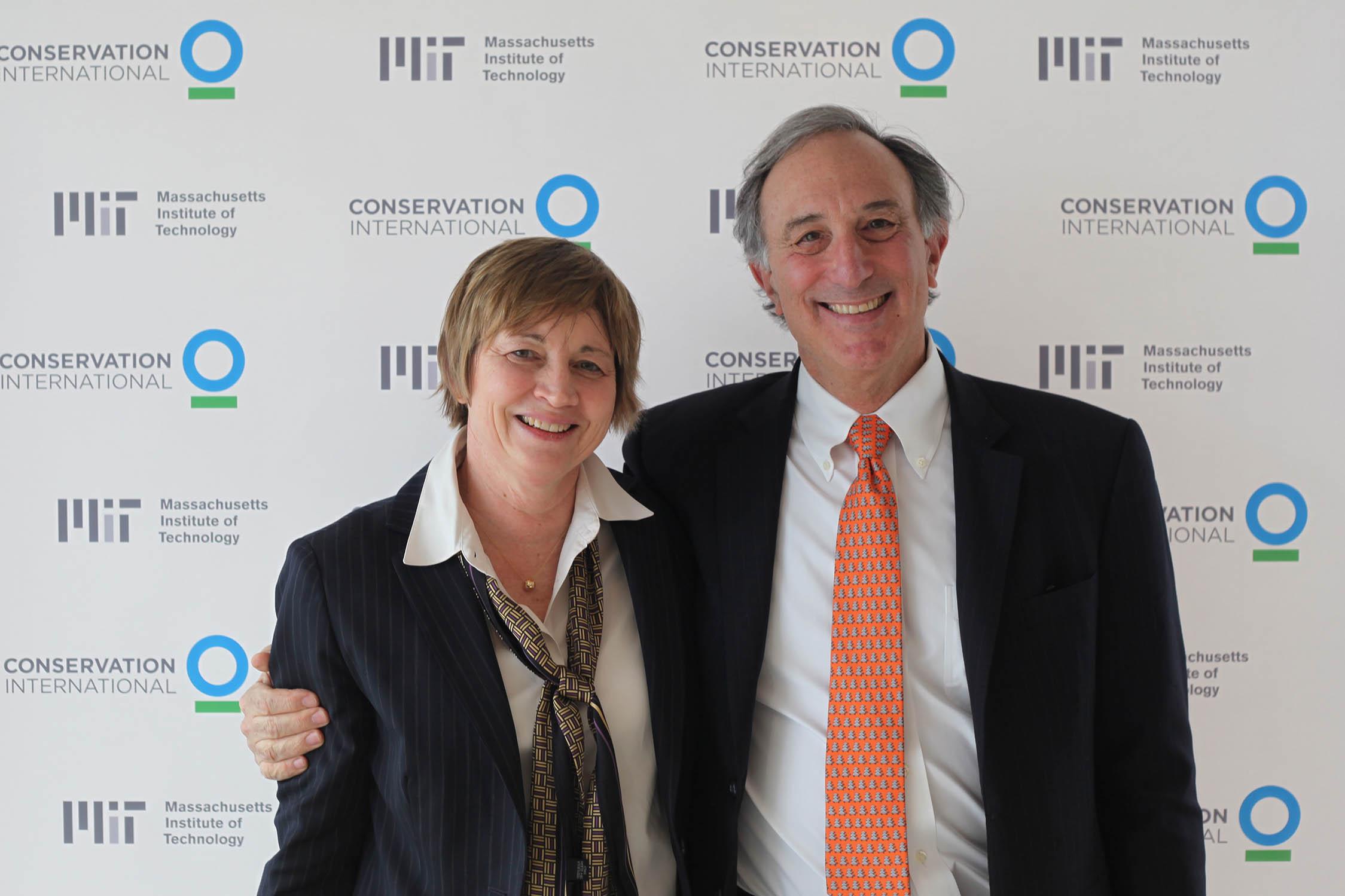News + Media
How our society deals with not knowing, and what we can do to prepare for climate change
How do we tackle climate change? In the climate policy arena, it is common to hear that one of the foremost solutions to the problem is to put a price on carbon. This idea has been advanced by economists, frequently endorsed by climate scientists, and supported by businesses, including (...
How do global climate negotiations work?
How do global climate negotiations work?
How does the global climate system respond to forcings? How can models detect changes and attribute them to human activity?
History of climate science and broad overview of climate system physics.

Susan Solomon, the Lee and Geraldine Martin Professor of Environmental Studies at the Massachusetts Institute of Technology, will receive the 2017 National Academy of Sciences, Arthur L. Day Prize and Lectureship.

When hearing the words “greenhouse gas,” most people think immediately of carbon dioxide. This is indeed the greenhouse gas that is currently producing the greatest impact on the Earth’s rapidly changing climate. But it is far from the only one making its mark, and for mitigating climate change...

MIT and Conservation International (CI) will participate in a multiyear collaboration to develop and advance nature-based solutions to global climate change, through research, education, and outreach efforts, the organizations announced today.

